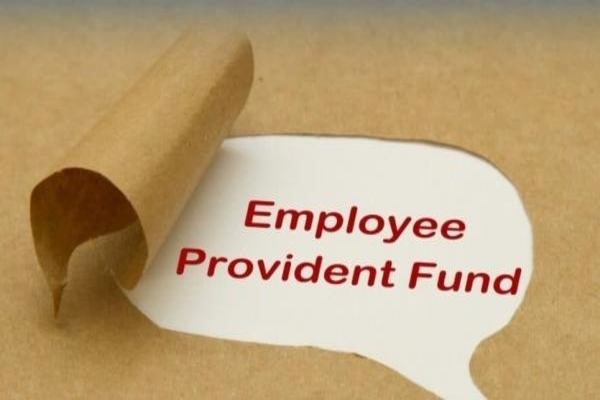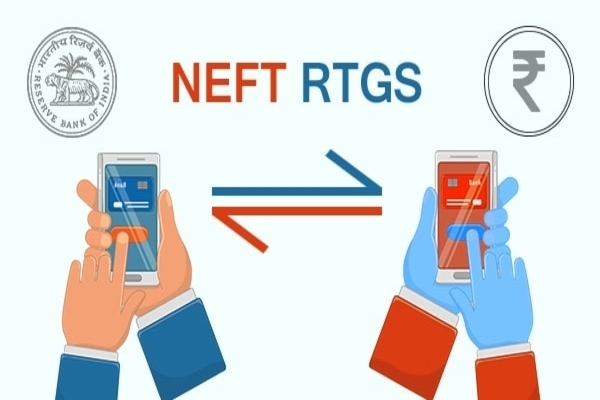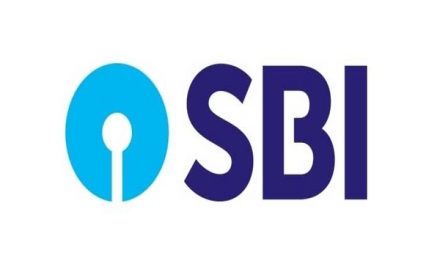Do you live on rent and want tax exemption on its payment? No need to worry. it’s possible. You can also claim tax deduction on house rent. On the other hand, if you are sharing a rented house with someone, then claiming tax deduction on rent can be complicated. You should keep these things in mind while making a claim…
1. It is very important to have your name in the lease agreement or the leave and license agreement of the flat. Without this, you will not be able to claim tax deduction on the rent you have paid. You can claim tax deduction on house rent paid under Section 80GG of the Income Tax Act.
2. When you are sharing a flat, you can claim tax deduction only as much as you have paid. According to Bangalore-based chartered accountant Prakash Hegde, if there are 3-4 people living in the same place, you can claim a deduction in proportion to the money you have actually paid as rent. Suppose the total rent is Rs 30,000 and you are paying Rs 7,000, then you can claim deduction of house rent only by Rs 7,000 per month.
3. If you are staying in a PG and your rent and food payment are bundled together, you will not be able to claim deduction for rent. If your rent paid annually is more than ₹1 lakh, you must have the Permanent Account Number (PAN) number of the landlord to claim the deduction.
4. If your landlord is an NRI, then you have to deduct tax at source. To deduct tax, you need to apply for Tax Deduction Account Number (TAN) and deposit TDS with the government within 7 days of the end of each month. You will also have to file quarterly TDS returns and issue TDS certificate to your landlord. To do all this, you have to take the PAN number of the landlord.
5. If the total rent of your flat is more than ₹50,000 per month, then you will have to deduct TDS at the rate of 5% even if your landlord is an Indian resident. The same requirements for obtaining TAN, paying tax deducted in government account and filing TDS return will be applicable here as well.











